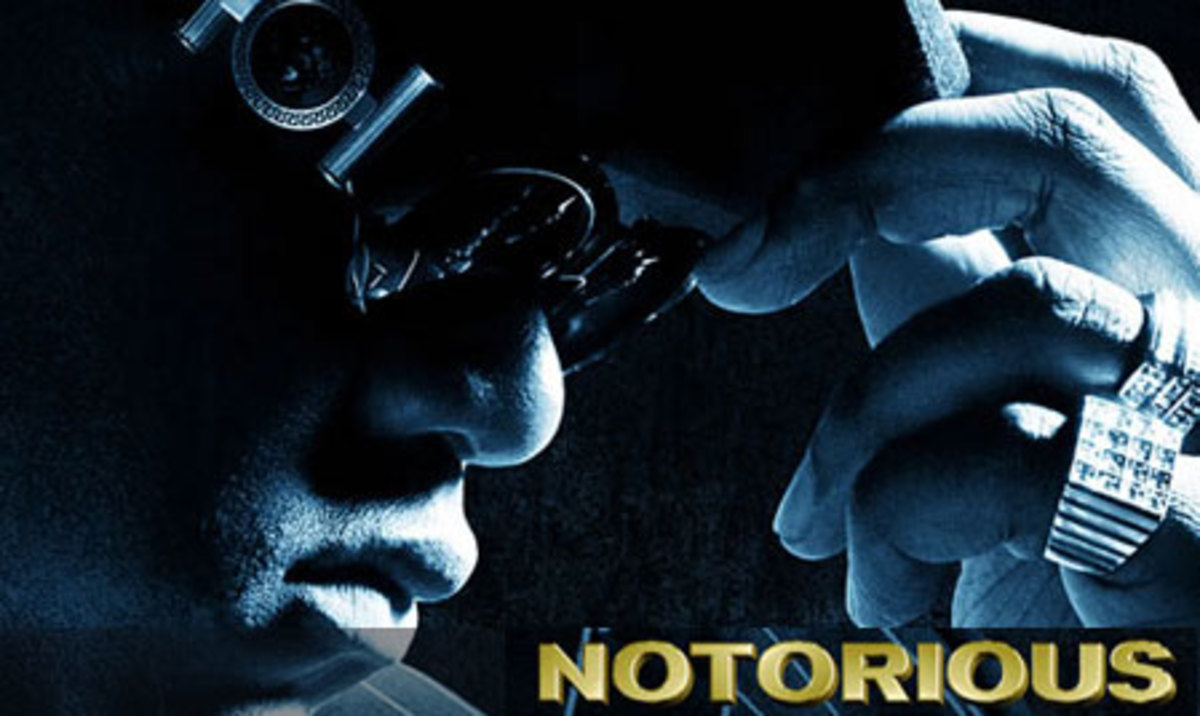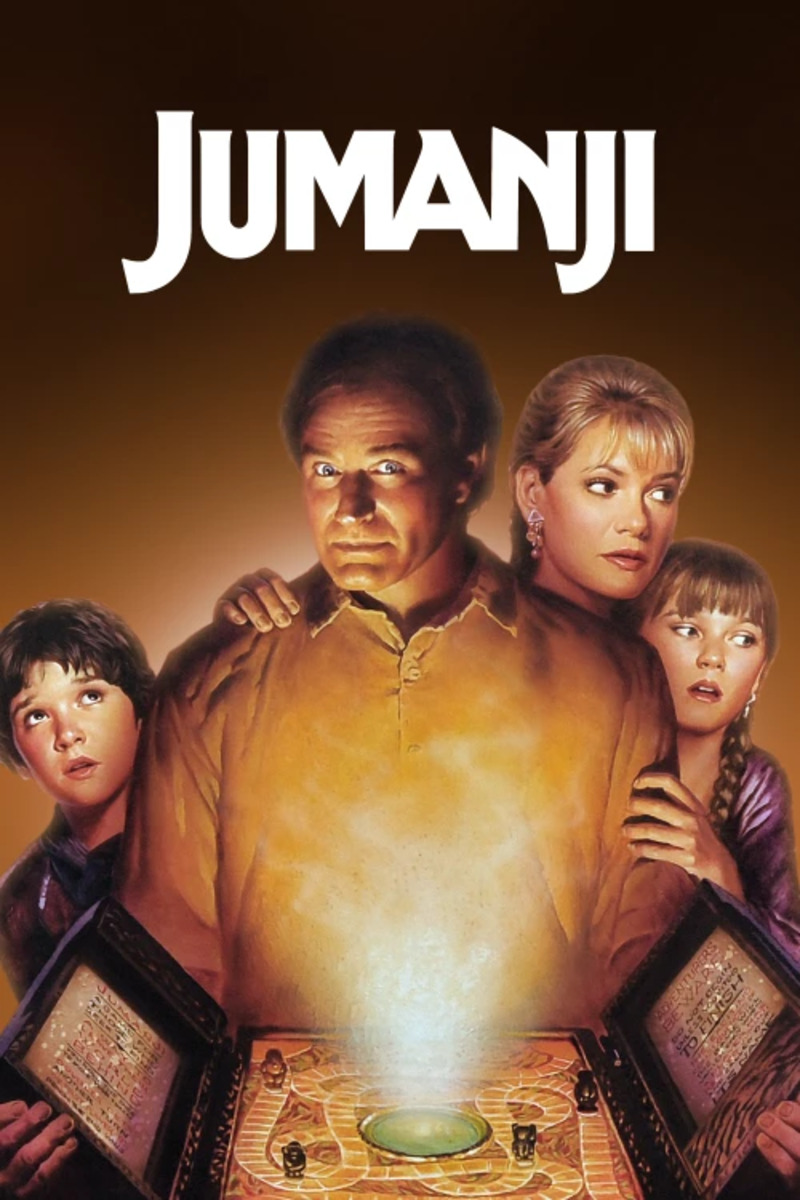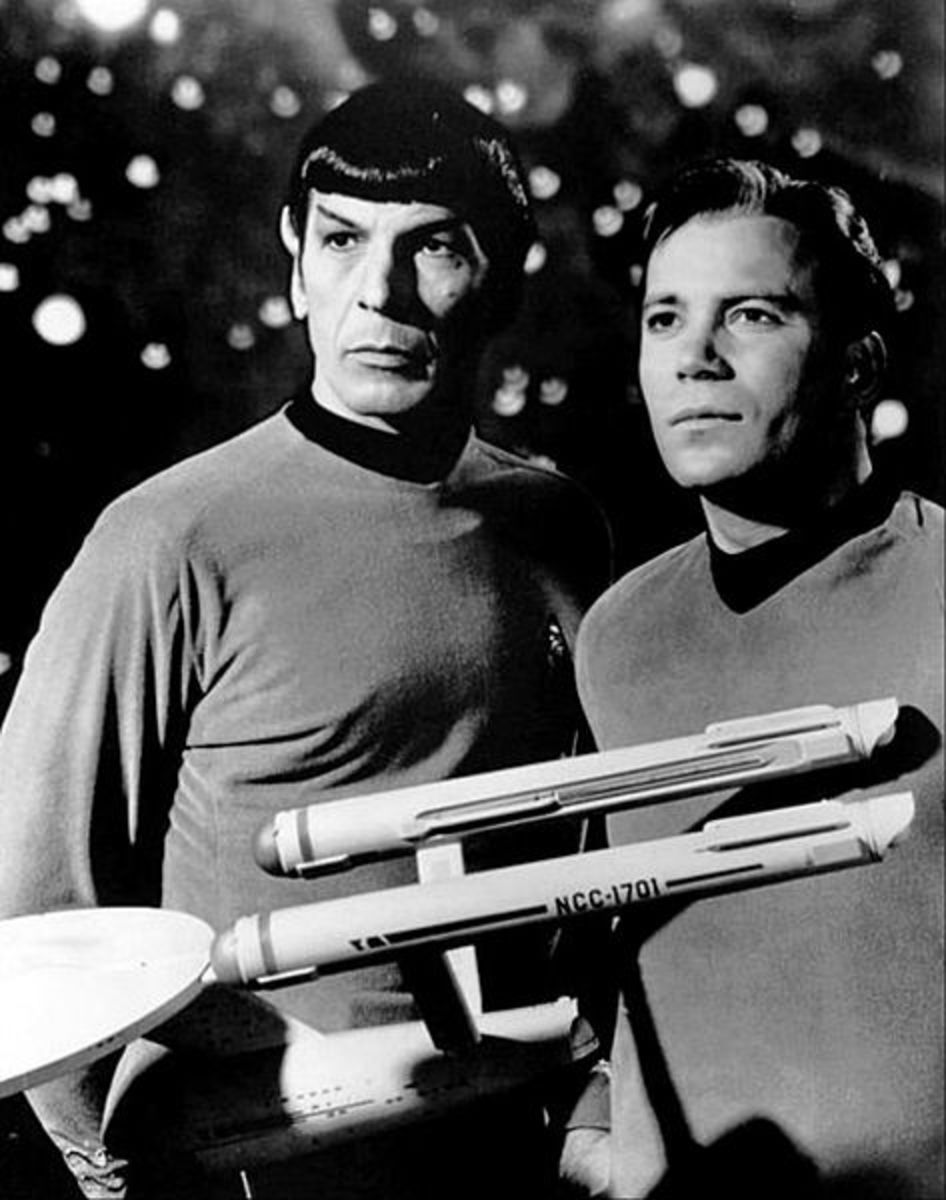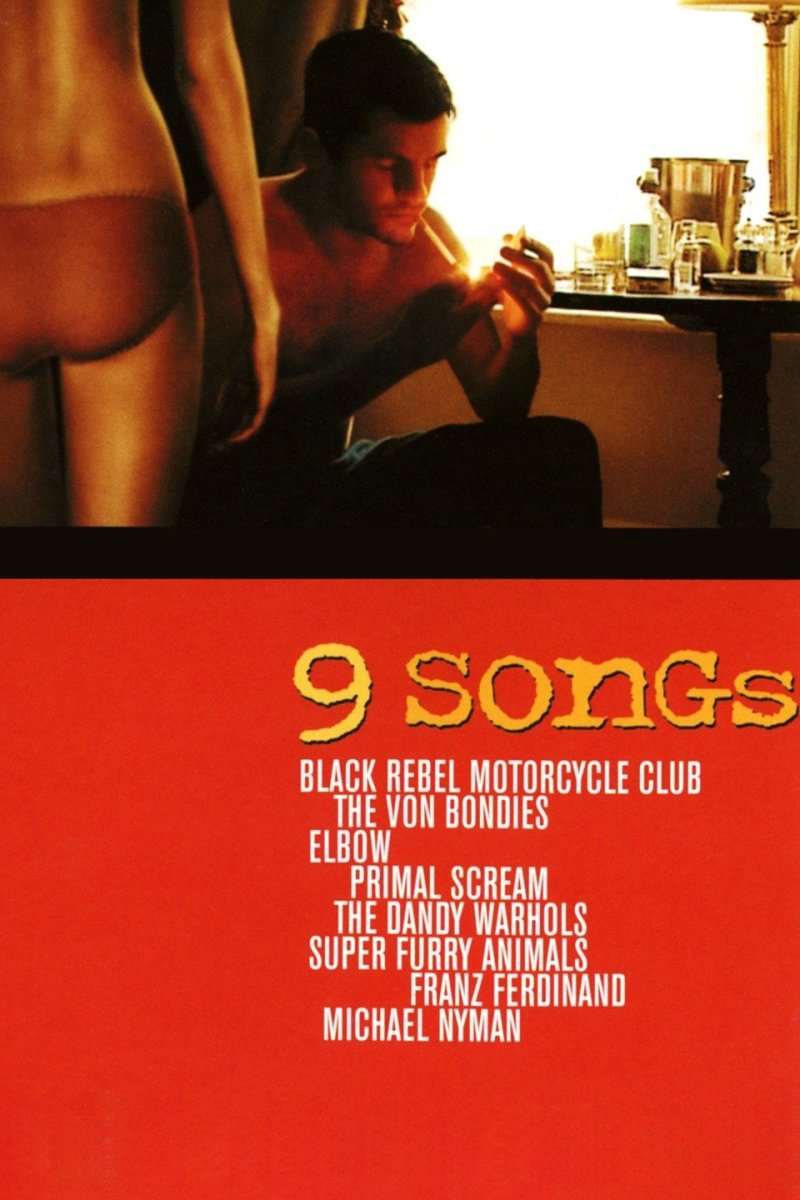Film Review: Star Trek III: The Search for Spock

Background
In 1984, Leonard Nimoy released Star Trek III: The Search for Spock, based on the 1966 television series Star Trek by Gene Roddenberry, as the third film in the franchise. Starring William Shatner, DeForest Kelley, Dame Judith Anderson, Christopher Lloyd, Mark Lenard, Robert Hooks, James Sikking, Miguel Ferrer, Robin Curtis, and John Larroquette, the film grossed $87 million at the box office.
Synopsis
Before Spock sacrificed himself at the end of the previous film, he put his katra into McCoy, making it so that the two share a body. His own body landed on the Genesis Planet. Going against orders, the crew sets off to the planet to reunite Spock’s Body and soul. However, the Klingons, headed by Commander Kruge, are waiting.
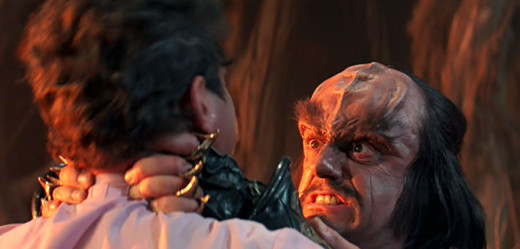
Review
While the film isn't great, Star Trek III: The Search for Spock isn't terrible either, falling somewhere in the middle. The whole crux of the film centers on bringing Spock back because he’s Kirk’s friend. In the previous film, the two stated they would always be friends and here, at one point, Kirk says that when he realized there could be a way to reunite Spock’s body and soul, that it would practically destroy his own soul if he couldn’t at least make the attempt to do so. The film explores just what Kirk is willing to do in order to get his friend back, even if there were no certainties that it would actually work. He, once again, blatantly goes against orders to stay and goes up against the Klingons looking to use Genesis and kill anyone who gets in their way. What's more, he sacrifices the ship he commanded throughout three seasons of the television series as well as two other films and whatever might have happened in between. Though Kirk has an attachment to the Enterprise, he loves Spock so much as his friend that if having it in one piece prevents him from getting him back, Kirk will gladly destroy it.
Then there’s this film’s Klingons. Lloyd portrays one quite well with his crazy-angry voice meshing well with the species’ war-crazy culture. It's that culture that wants to use the Genesis Device as a tool to dominate every other species, making sure they’re able to sweep their way in uncontested war across the galaxies. It’s quite fascinating to compare how they want to use it with its original intended use as a liberating technology meant to create life.This really shows the difference between the Klingons and other species in that where other species are more inclined to create and make new things, the Klingons really just want to destroy and ravage anything and everything that they can.
The planet’s lifecycle is also particularly interesting. It seems Nimoy was trying to make a statement on scientific ethics and how quickly science can move while being aware of the dangers that come with science quickly progressing. Here, it’s that the planet was created out of nothing, humans played God. The problem was in that it aged too rapidly and destroyed itself in too short a time span. Nimoy might have been trying to convey that science may be able to allow humans to play God. Yet, where the ability to do so exists and scientific ethics show that while they might be able to, it’s not entirely beneficial. The reason for that is that the potential for using the ability for evil becomes an even greater danger.
Now, while all of this makes for a pretty good movie, it seems Nimoy’s direction demonstrated his experience. While it was good, it seemed very much like the film was meant for television. It feels paced for TV and some of the directions it goes just kind of seem like they didn’t belong or went a different way than they should have, such as the Grissom’s crew. They’re suddenly lost, but their fates aren’t really explored. They just kind of dissolve.
the postings on this site are my own and don't necessarily represent WNI's positions, strategies or opinions.
Nominated for
Academy of Science Fiction, Fantasy & Horror Film Saturn Awards
- Best Science Fiction Film
- Best Actor (William Shatner)
- Best Supporting Actress (Judith Anderson)
- Best Director
- Best Costumes
- Best Special Effects
Hugo Awards
- Best Dramatic Presentation

